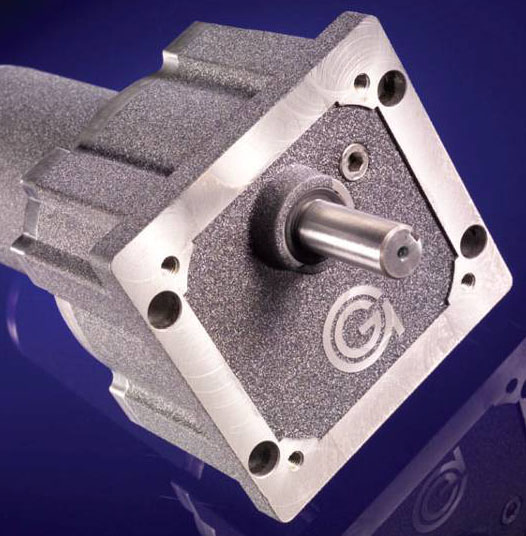Mobile:+86-311-808-126-83
Email:info@ydcastings.com
motor pump impeller
Understanding Motor Pump Impellers A Key Component in Fluid Dynamics
Motor pump impellers are crucial components in various pumping systems, serving a fundamental role in the movement of fluids across different applications. An impeller is a rotating component that transfers energy from the motor to the fluid, converting rotational energy into kinetic energy and pressure, allowing for efficient fluid transport.
Design and Functionality
The design of motor pump impellers can vary significantly based on the application and type of pump being utilized
. Typically, an impeller consists of blades that are attached to a central hub, which is often connected to a shaft driven by an electric motor. When the motor turns the shaft, the blades on the impeller rotate, creating a centrifugal force that propels the fluid outward, thereby increasing its velocity and pressure.Different types of impellers are used in various applications, including open, closed, and semi-closed impellers. Open impellers have no shroud covering the blades, making them suitable for handling slurries or fluids with suspended solids. Closed impellers, on the other hand, feature a shroud that completely encloses the blades, providing better efficiency and higher pressure capabilities. Semi-closed impellers combine features from both open and closed designs, providing versatility across numerous applications.
Material Considerations
motor pump impeller

The materials used to construct motor pump impellers are also critical to their performance and lifespan. Common materials include stainless steel, bronze, and various kinds of plastics. Stainless steel is widely used for its corrosion resistance and durability, making it ideal for applications in the chemical and food processing industries. Bronze offers excellent resistance to seawater, making it suitable for marine applications, while plastic impellers are often lightweight and resistant to certain chemicals, making them ideal for specific situations.
Efficiency and Maintenance
Efficiency is a vital consideration in the design of motor pump impellers. An inefficient impeller can lead to energy wastage, increased operational costs, and reduced overall performance. Engineers often analyze the impeller's hydrodynamics and utilize computational fluid dynamics (CFD) simulations to optimize the design and ensure maximum efficiency.
Maintenance is equally important; regular inspections can prevent premature wear and identify potential issues before they escalate. This can include checking for signs of corrosion, wear on the blades, or blockages that may reduce the impeller's effectiveness.
Conclusion
Motor pump impellers play a crucial role in various sectors, from industrial to agricultural applications. Understanding their design, materials, and maintenance needs can significantly impact the efficiency and reliability of pumping systems. As technology advances, innovations in impeller design continue to improve fluid dynamics, ultimately contributing to more sustainable and efficient pumping solutions. Whether for irrigation, chemical processing, or water treatment, the functionality of an impeller remains integral to the success of any motor pump system.
-
Why Should You Invest in Superior Pump Castings for Your Equipment?NewsJun.09,2025
-
Unlock Performance Potential with Stainless Impellers and Aluminum End CapsNewsJun.09,2025
-
Revolutionize Your Machinery with Superior Cast Iron and Aluminum ComponentsNewsJun.09,2025
-
Revolutionize Fluid Dynamics with Premium Pump ComponentsNewsJun.09,2025
-
Optimizing Industrial Systems with Essential Valve ComponentsNewsJun.09,2025
-
Elevate Grid Efficiency with High-Precision Power CastingsNewsJun.09,2025











